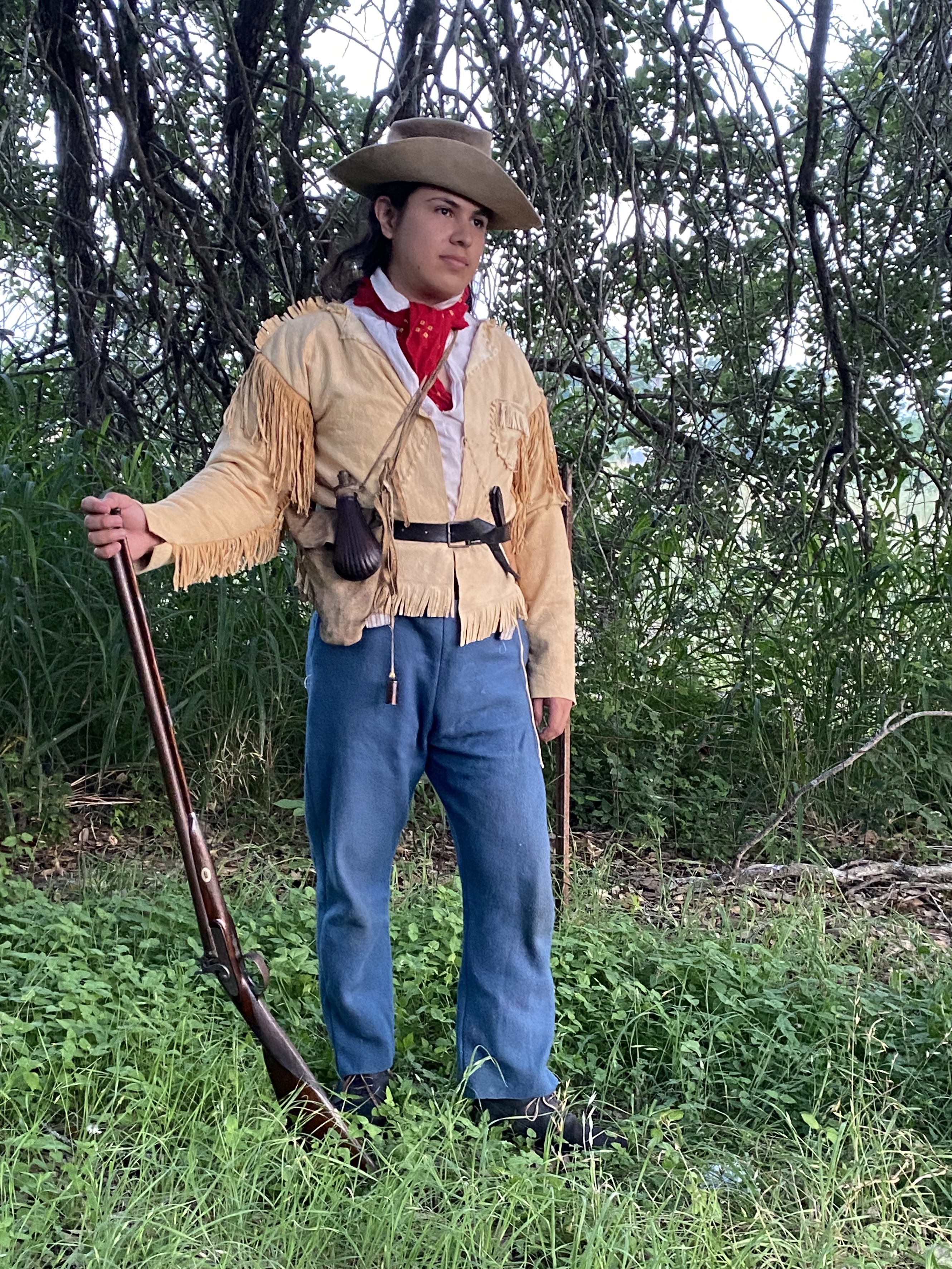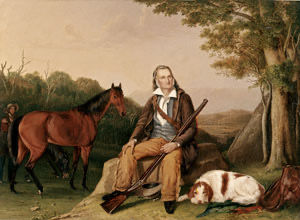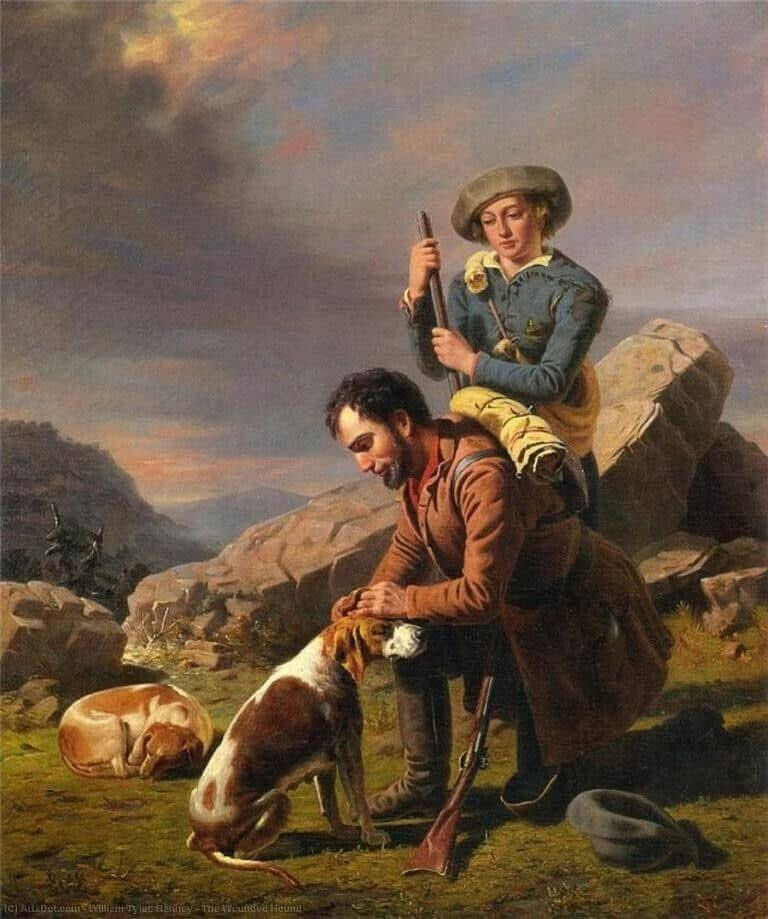
We’re Not in the Alps Anymore Otzi
- David Sifuentes

- Oct 24, 2025
- 7 min read
Sometimes I think some people get more out of deciding what to camp with than camping itself, either as glampers or going Spartan.
It’s the elephant in the room that the majority of people or personas that we wish to emulate in the woods were mounted or had some kind of boat. Reconciling that to stationary camps for a weekend is easy enough, you just stuff the back of your trunk full of three pack animals worth of things, lay it all out at camp for some glamping, and scoop it all up after the event. But, what exactly are you supposed to do if you’re planning several days of it miles from any road your vehicle can transverse? How much gear were people toting on foot and when and why did different people travel on foot anyhow?
This article is speaking specifically to Anglo American personas and mentalities concerning knapsacks, it does not discuss Native, French, or other cultures in the American west in the early 19th century. The hard facts again are that most scenarios of wilderness travel we aggrandize was mounted or using a watercraft. Fur bales don’t pack themselves out of the mountains and hide hunters would be admitting to horrible aim if their payoff was just what they could carry on their backs.
In this instance, we create solutions to a problem that didn’t exist to an 1830’s mind. We calculate and postulate on things like pack baskets, pack frames, and Otzi the human popsicle. The message boards and forums are full of arguments that since some Alpine bro had a pack frame 5,000 years ago it transposes over to the American wilderness and all on the delicate promise of a “trust me bro”.
Knapsacks are everywhere in the 18th and 19th century… same as haversacks, but the setting for both is very martial and although many have tried to find evidence there doesn’t seen to be a popular demand for them in the civilian world of the time, except once called into duty as militias. Fortunately though, here are circumstances where knapsacks found a civilian footing, sometimes too in the wilderness.
Gonna start with Kolbuck’s awesome blog again.
And now onto some other cool quotes
In December, 1811,1 went to Lycoming county, for the purpose of catching a live elk. The hunting ground was in the vicinity of Pine Creek. I was accompanied by my brother Benjamin, then seven¬ teen years of age, and three men whom I had hired to assist me. On the 8th we started, each man carrying a knapsack with provisions for a week.
Pioneer life or, Thirty years a hunter. Being scenes and adventures in the life of Philip Tome
Having exhausted our provisions and our shot, so that we could procure no support from our guns, we determined on leaving our heavy baggage and horse at the Hunter's Camp, in order that we might travel with greater rapidity in search of a settlement, which we had reason to believe was at no great distance. We had each provided ourselves with knap;- sacks, in which we put a blanket, and some other indispensa- bles. Our horse, with a bell on, was turned into the adjacent cane-brake, and our baggage piled in one corner of the camp
There is but one thing I have to regret on my departure from Poke Bayou; it is my inability to carry along my entire collections in natural history, too bulky and too heavy to be conveyed in a shoulder pack, the only mode of transportation at our command. Selecting, however, such as were most rare or interesting, either from locality, or physical constitution, 1 filled my pack to a point, which, superadded to the weight of a gun, rifle, pouch, portfolio, &c. I judged myself capable of carrying; and we left Poke Bayou at ten o'clock, taking the high-road toward the north-west. , twenty horses, and carried them safely off. Before going to sleep we determined to leave our horse, who had fallen away very much, and indeed all our baggage which cannot be put into knapsacks, with M'Gary, until our return. Distance eleven miles. Tuesday, Dec. 8th. Having obtained the necessary information, we determined this morning to continue our journey to Sugar-Loaf Prairie, for which we had made preparation, by turning a couple of small bags into knapsacks, and putting in a blanket, and such articles of necessity as could be conveniently carried.
Here we concluded to quit the river, and pursue the Arkansaw road, on foot, through Lawrence, Cape Girardeau, Wayne, and Madison counties, toward Potosi. As a preparatory step, we have disposed of our canoe, skins,&c. and provided ourselves with travelling knapsacks.
Journal of a tour into the interior of Missouri and Arkansaw : from Potosi, or Mine á Burton, in Missouri Territory, in a south-west direction, toward the Rocky Mountains: performed in the years 1818 and 1819
As my intention was to travel no farther or faster than I could consistently with my intentions of observing all that was new or interesting, this mode seemed the most preferable. At first the idea suggested itself of trying a voyage by water down the Ohio river, but as that would prevent observations on men and manners, I concluded to take a more laborious but far more interesting and instructive method, that of travelling on foot. Accordingly on the ninth day of October, eighteen hundred twenty two with my staff in my hand, and a knapsack, weighing seventeen pounds, on my back, I left Athens Ohio,
Twelve miles from Indian Creek I came to a house and as it was the last I should find until I had a large stream to cross, I called in to look for quarters. I knocked, and steping in found a fine looking young woman, siting alone, sewing. I asked her for a nights lodging.
She looked a little startled and told me her husband would be in soon. I waited some time, and not receiving an answer again enquired, when she again said her husband would be in soon. I saw she eyed me closely, but I thought it altogether owing to the grotesque figure I cut on account of my Knapsack and clothing which, on account of mud and wading creeks was not so clean as might be. Her husband soon came in, when he readily assented to my staying over-night. A sociable familiar chat immediately succeeded, when finding who I was, and by my diploma my rank in life, explanations succeeded. The lady, from the alarm of the Country respecting the fugitives from jail, my pack, my dress, and long beard (which had not been shaven but once since I left Carolina) mistook me for one of the felons.
I had become attached to an unsettled life-new scenes and new countries were dear to me, and I had fully digested the plan of continuing my journey on through Alabama, Mississippi, the Floridas, and finally of shipping for Europe. Prudence dictated a different course and I relinquished my scheme and concluded to return and settle down in business. Inclination yielded to the dictates of Prudence and I again swung my Knapsack now weighing nineteen pounds and set out for Ohio.
Travels in the Southland, 1822-1823; the journal of Lucius Verus Bierce
At 5 o'clock, P.M., I held a meeting of coloured people, at which resolutions favourable to my enterprise were adopted. 18th. I made a knapsack, mended my clothes, and prepared to resume my journey. 26th
August 1st, 1833. We went on seven miles, when a hard rain came on and drenched us all. The wagon stopped for the day, and I shouldered my knapsack, weighing 25 lbs., took leave of the wagon, and marched on for San Felipe, which was twenty miles distant. After a while, I was overtaken by a man on horse-back, who had heard something of my medicines.
The life, travels, and opinions of Benjamin Lundy, including his journeys to Texas and Mexico, with a sketch of contemporary events, and a notice of the revolution in Hayti
ON my return from the Upper Mississippi I found myself obliged to cross one of the wide prairies which, in that portion of the United States, vary the appearance of the country. The weather was fine; all around me was as fresh and blooming as if it had just issued from the bosom of Nature. My knapsack, gun, and my dog were all I had for baggage and com-pany. But, although well moccasined, I moved slowly along, attracted by the brilliancy of the flowers, and the gambols of the fawns around their dams, to all appearance as thoughtless of danger as I felt myself.
Good luck brought us into acquaintance with Mr. Gillies, whom we happened to meet in the course of our travels, as he was returning from an exploring tour. About the first of August he formed a party of sixteen persons, each carrying a knapsack and an axe. Their provisions consisted of two hundred and fifty pounds of pilot bread, one hundred and fifty of salt pork, four of tea, two large loaves of sugar, and some salt. They embarked in light canoes twelve miles north of Bangor, and followed the Penobscot as far as Wassataquoik River
Late in the afternoon of one of those sultry days which render the atmosphere of the Louisiana swamps pregnant with baneful effluvia, I directed my course towards my distant home, laden with a pack, consisting of five or six Wood Ibises, and a heavy gun, the weight of which, even in those days, when my natural powers were unimpaired, prevented me from moving with much speed. Reaching the banks of a miry bayou, only a few yards in breadth, but of which I could not ascertain the depth, on account of the muddiness of its waters, I thought it might be dangerous to wade through it with my burden, for which reason, throwing to the opposite side each of my heavy birds in succession, together with my gun, powder-flask, and shot-bag, and drawing my hunting-knife from its scabbard, to defend myself, if need should be, against Alligators, I entered the water, followed by my faithful dog
Audubon and his journals, Volume 2

We’ll use Audubon’s portrait to segue into other images from the period of shoulder bags.









The size of the packs shown are smaller, and definitely defy most people’s concepts of essentials at even a weekend event, let alone longer. Even later in the century George Washington Sears wrote his opinion on pack weights and essentials all totaling to 26 pounds at most.
We’ll end off this piece with a quote of his.
Also, it may be remarked that man is a vertebrate animal and ought to respect his backbone.




Comments